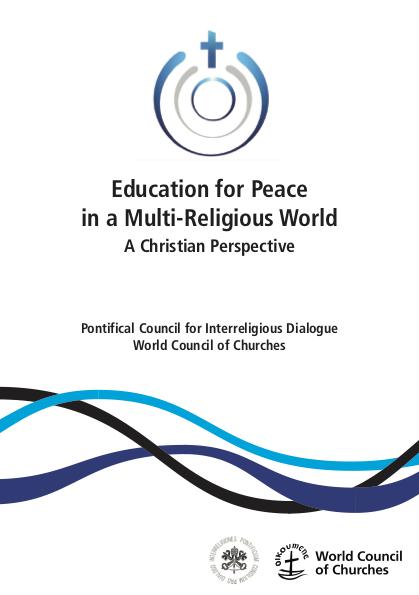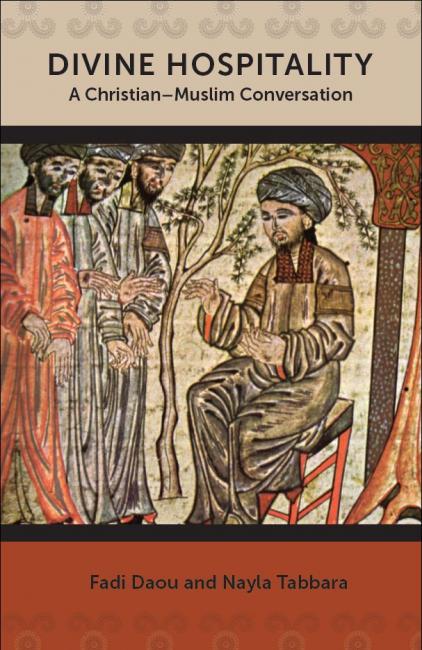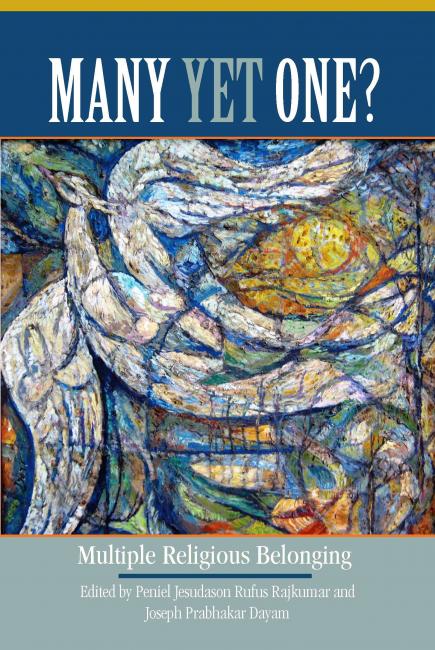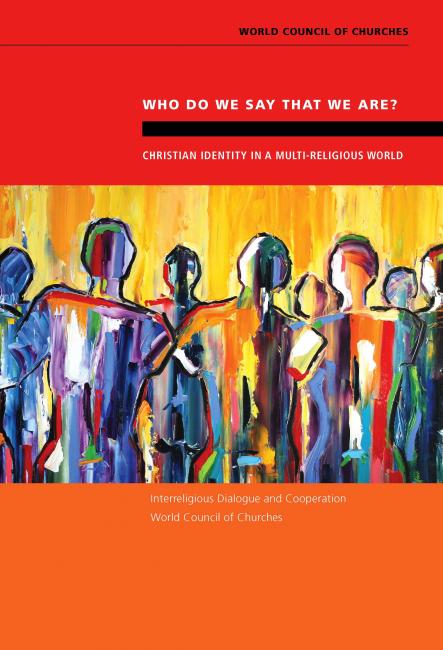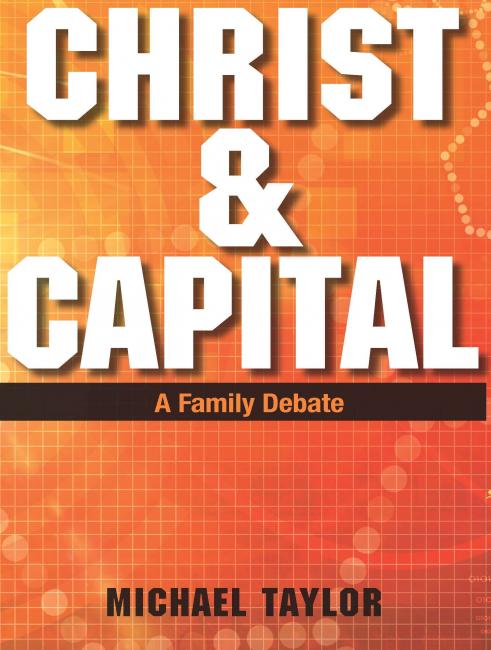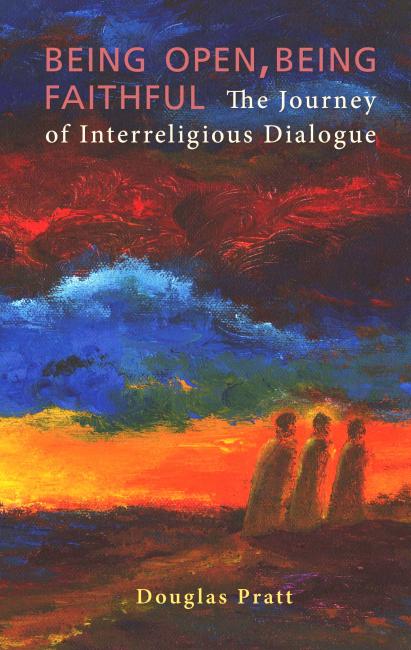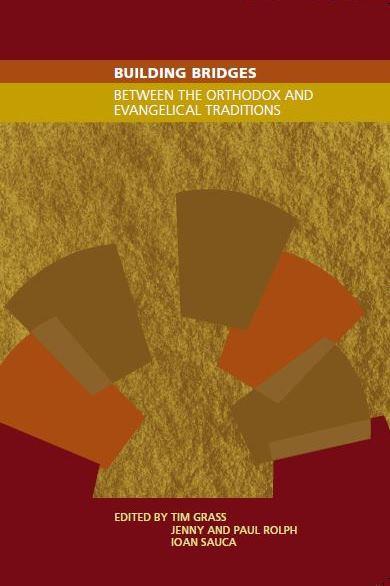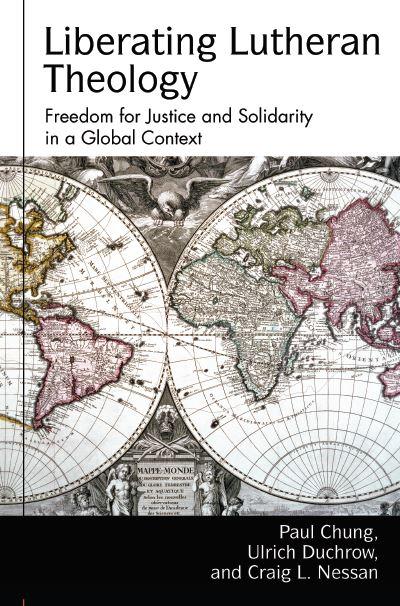Displaying 21 - 39 of 39
Current dialogue
18 December 2018
Growth in Agreement IV:
International Dialogue Texts and Agreed Statements, 2004–2014, Volumes 1 and 2
01 February 2017
Christ & Capital
01 January 2015
Peace-ing Together Jerusalem
03 June 2014
One Baptism: Towards Mutual Recognition - A Study Text
Faith and Order Paper No. 210
01 January 2011
